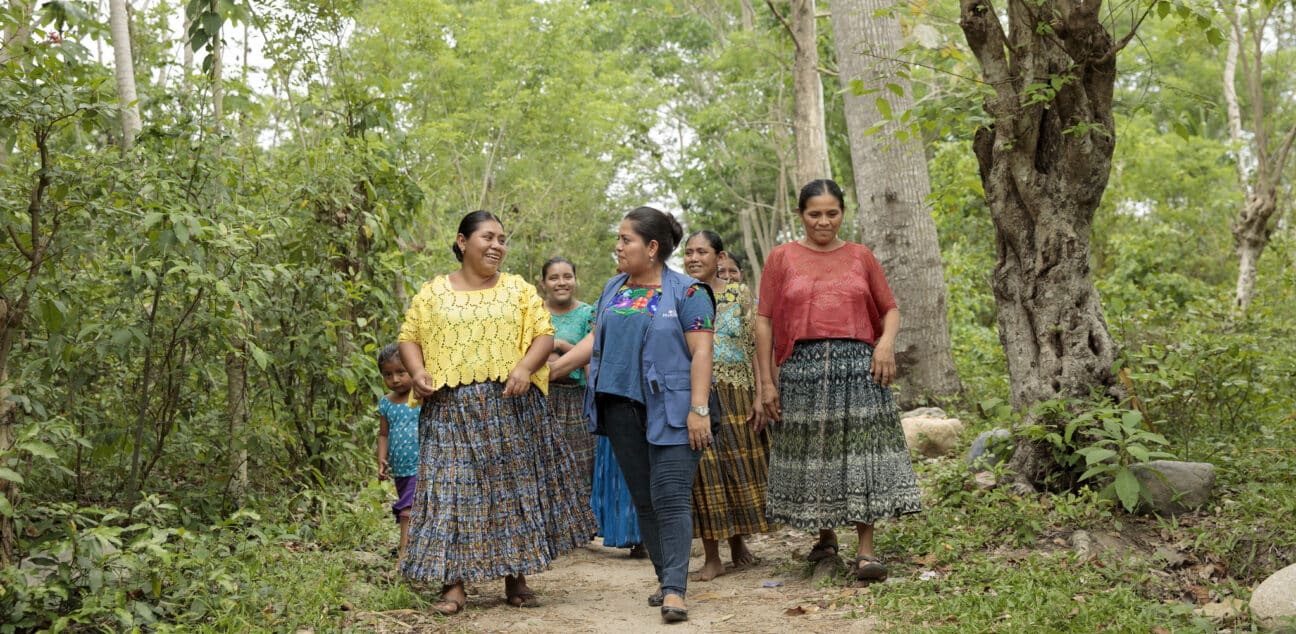AidWatch 2018
17 October 2018CONCORD
CONCORD’s annual AidWatch report monitors and makes recommendations on the quality and quantity of aid provided by EU member states.
The 2018 edition finds that:
- Decrease in the level of Official Development Assistance (ODA): the amount of aid spent by EU member states decreased in 2017 for the first time in six years, falling to 3% less than spending in 2016. This decrease is explained by a reduction in spending on debt relief and in-donor refugee costs – elements that CONCORD have termed “inflated aid”: ODA spending that does not necessarily contribute to genuine development in countries most in need. Other examples of inflated aid include spending on international students in donor countries and interest repayments on concessional loans.
- “Genuine aid” remains at the same level (0.3% short of the 0.7% target): while inflated aid has reduced, genuine aid levels have remained at 0.4% of EU member states’ Gross National Income (GNI), meaning there is a consistent shortfall of genuine aid spending against the 0.7% target. According to projections, the current rate of increase indicates the EU will not meet the 0.7% target in spending genuine aid before the year 2057.
- Contributions to Least Developed Countries (LDCs) are not keeping up with the overall EU ODA spend: while ODA from members of the OECD’s Development Assistance Committee (DAC) has been increasing over the past few years, this has not been matched by a corresponding focus on LDCs. In 2011 donors committed to provide 0.15% – 0.20% of their GNI as ODA to be spent on LDCs by the year 2020, yet the AidWatch report indicates that in 2018 “the EU is no closer to meeting its collective target”.
- New private sector instruments and trust funds are leaving partner countries out of decision-making on ODA spend: in 2017 the EU launched a new fund called the European Fund for Sustainable Development (EFSD), which does not include partner countries in the decision-making process for allocation of funds. In fact, resources have been diverted to this new fund and away from the European Development Fund, which is in principle co-managed with the partner country. This creates a lack of democratic and grassroots country ownership of ODA spending and limits the space of civil society to influence decisions.

